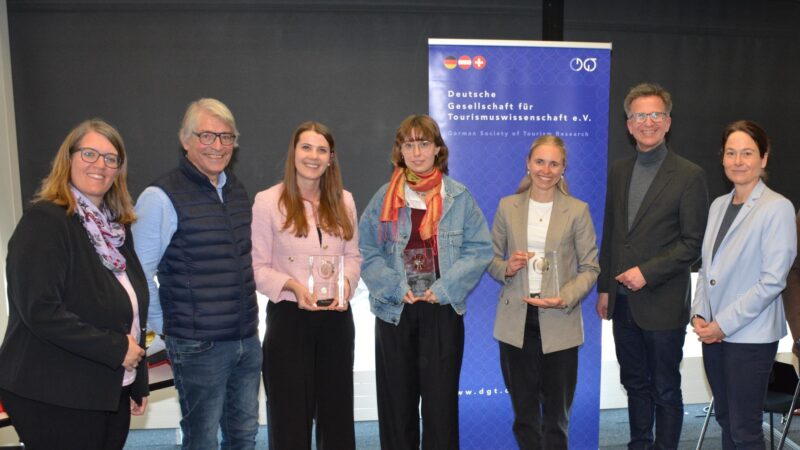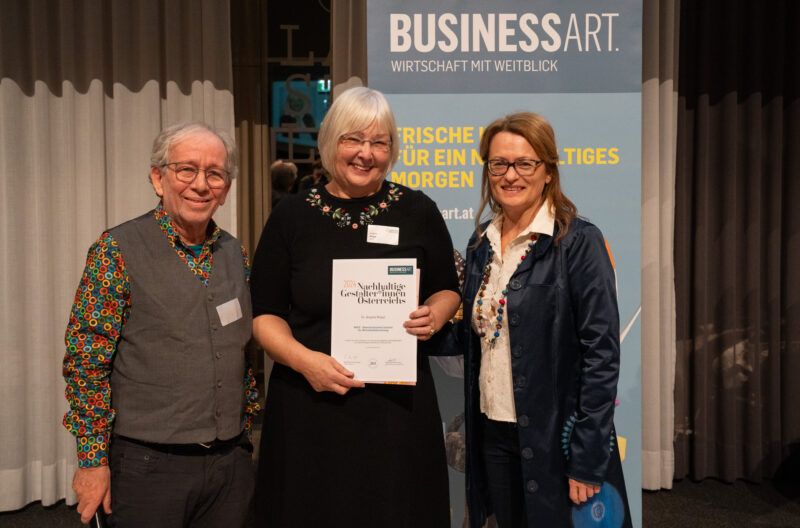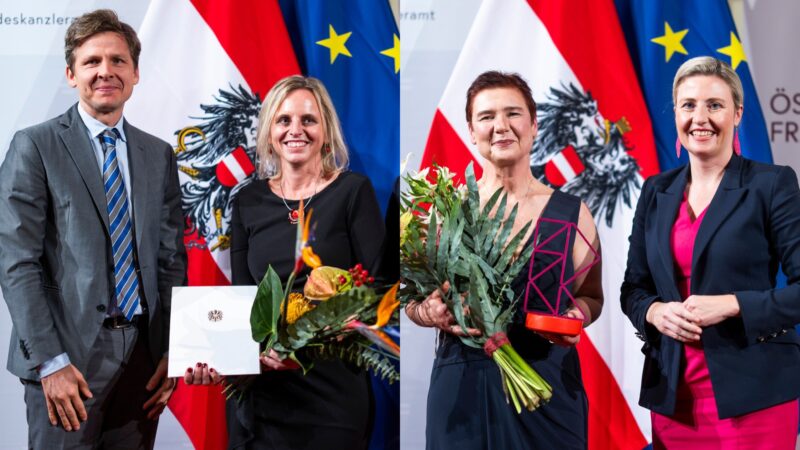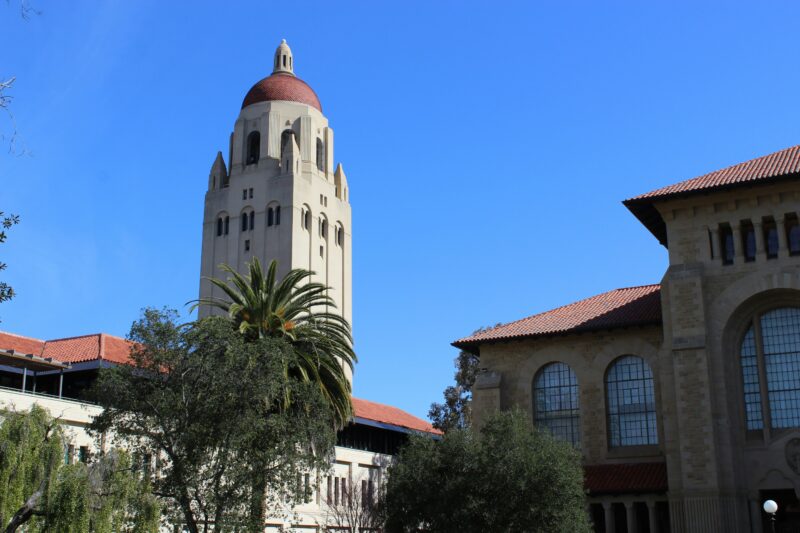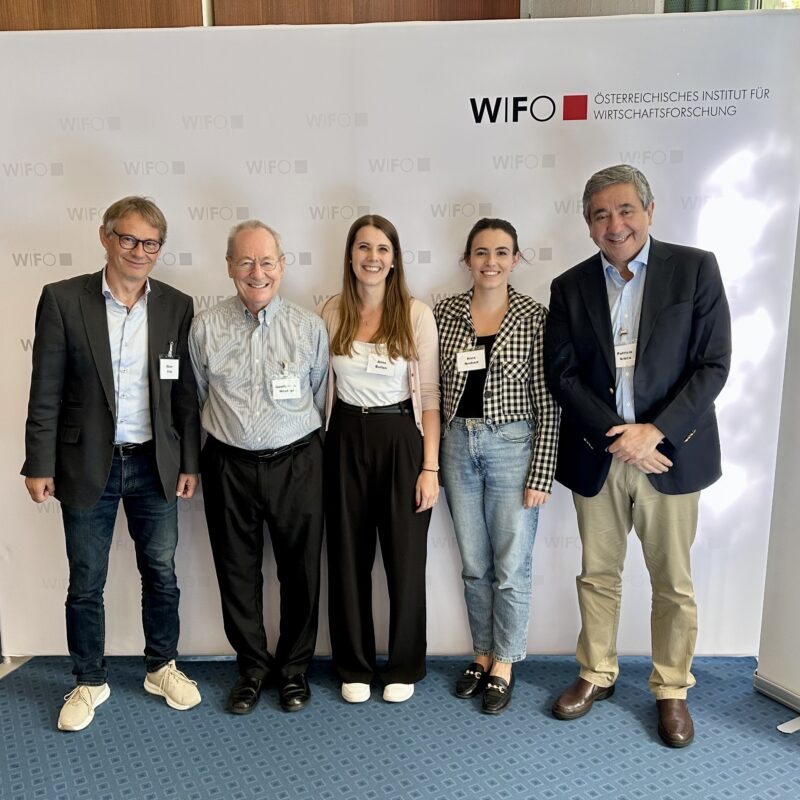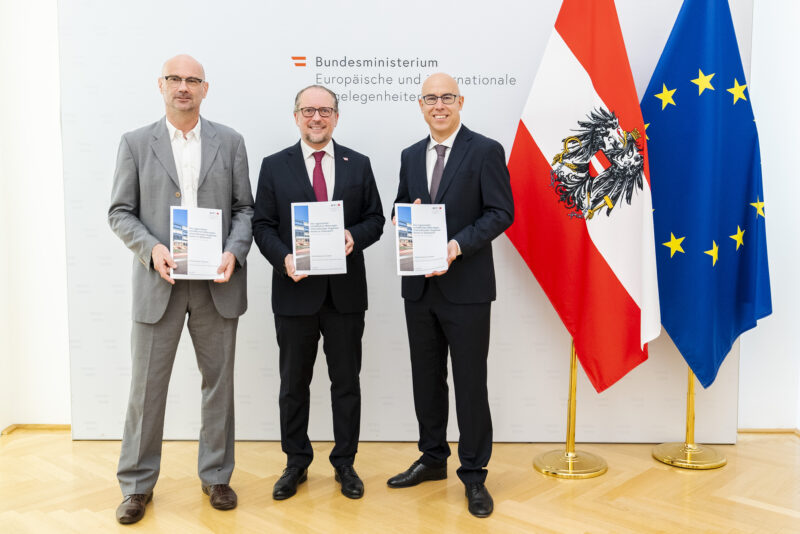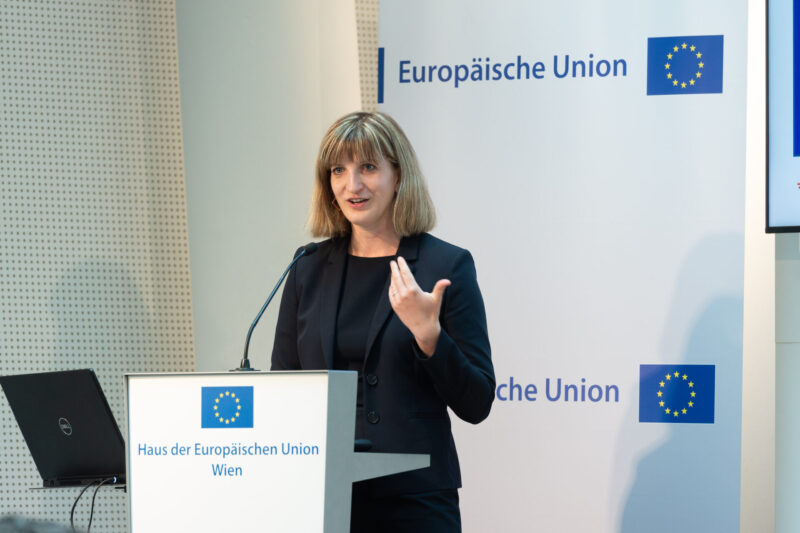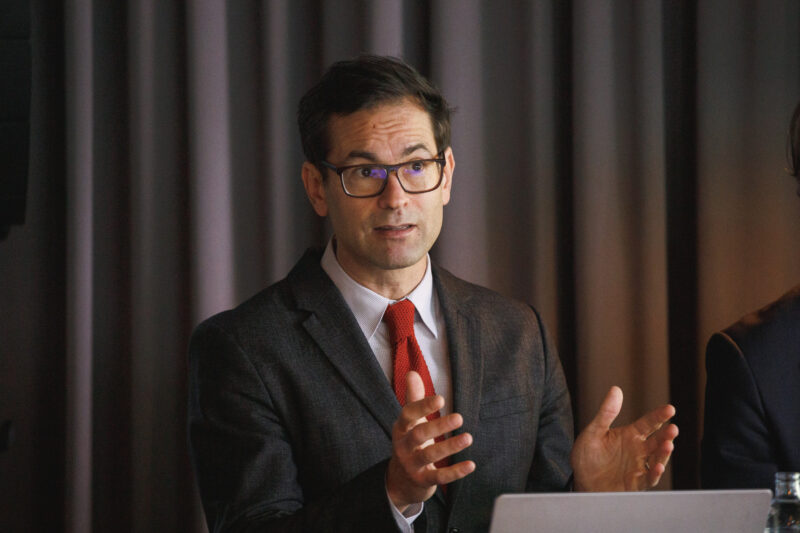
Alexander Daminger Receives Another Science Award
Previously, the German Real Estate Academy (DIA) and the Federal Statistical Office (Destatis) also recognized Daminger's dissertation. Additionally, his work was nominated for the prestigious "Fürther Ludwig-Erhard-Prize".
Every two years, the Association of Private Building Societies awards its Science Prize. Named after its founder Werner Lehmann, it has been recognizing the work of young academics on the topic of "Building, Housing, and Financing" for over 40 years. The award ceremony took place in April 2024 in Berlin.
Effects of home ownership promotion
Daminger's dissertation was completed at the University of Regensburg under the supervision of Prof. Dr. Kristof Dascher. In three chapters, it analyses the spatial effect of home ownership promotion. At the heart of the thesis is the conclusion that government support for home ownership simultaneously promotes decentralised living, thus driving spatial suburbanisation.
Two chapters analyse the repeal of the German "Eigenheimzulage" in 2005. In a first step, Daminger compiled his own datasets on spatial population development within German cities and regions based on administrative data from official statistics. Using various statistical-econometric difference-in-differences approaches, he then showed that the repeal of the subsidy led to a recentralisation of the population both within cities and within regions. Conversely, this result illustrates the decentralising effect of the original subsidy.
Another chapter examines the effect of home ownership promotion on housing rents by evaluating the "Baukindergeld", a subsidy introduced in 2018. As an innovative data basis, inner-city rent indices of German cities are used, which were compiled from a large dataset of apartment listings using hedonic regressions. The econometric analysis indicates that the rise in rents slowed after the introduction of the subsidy in affordable cities, i.e., precisely where the Baukindergeld provided the greatest stimulus to home ownership. The mechanism identified is the relocation of new homeowners: their move into ownership and thus switch from the rental to the owner-occupied segment of the housing market weakens the demand for rental apartments, while their supply is – at least in the short term – inelastic.
Alexander Daminger is an economist and has been part of the "Regional Economics and Spatial Analysis" research group at WIFO since 2022. In his professional career, Daminger formerly worked as a consultant in the field of international transfer pricing at Deloitte and taught as a research assistant at the Chair of Retail Real Estate at the University of Regensburg. He completed his doctorate in economics at the University of Regensburg in 2021. During his doctoral studies, he received a scholarship from the Hanns Seidel Foundation. In addition to his research, his teaching activities also earned special recognition when he was awarded the 2021 Teaching Award of the Faculty of Economics at the University of Regensburg for his commitment to teaching and student supervision. Daminger's research interests focus on the intersection of urban and regional economics, public finance, and real estate economics.
Please contact







